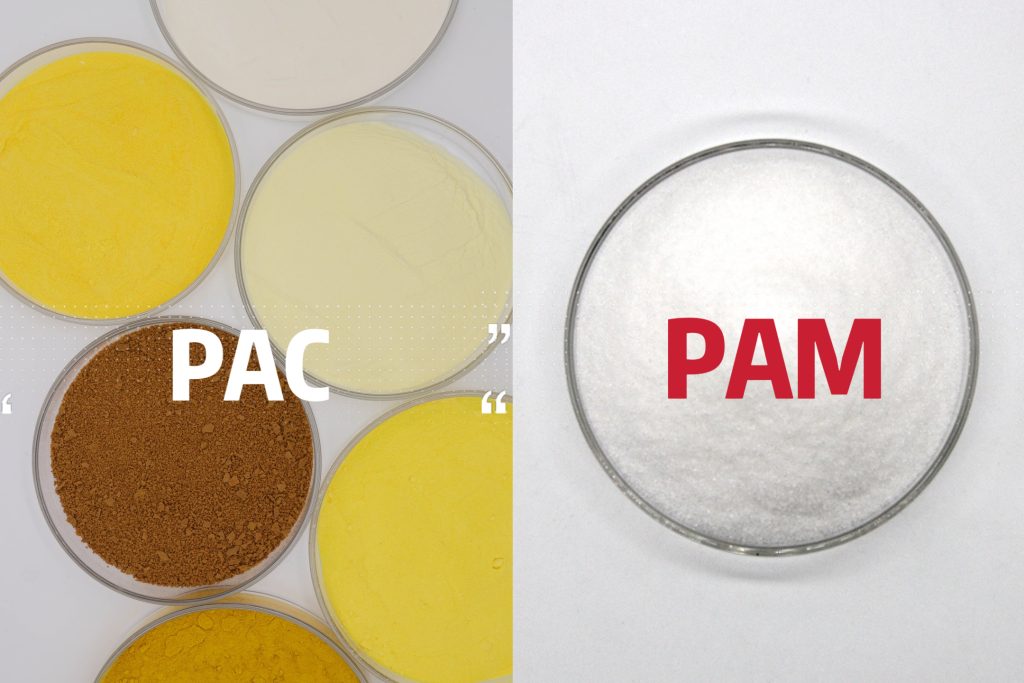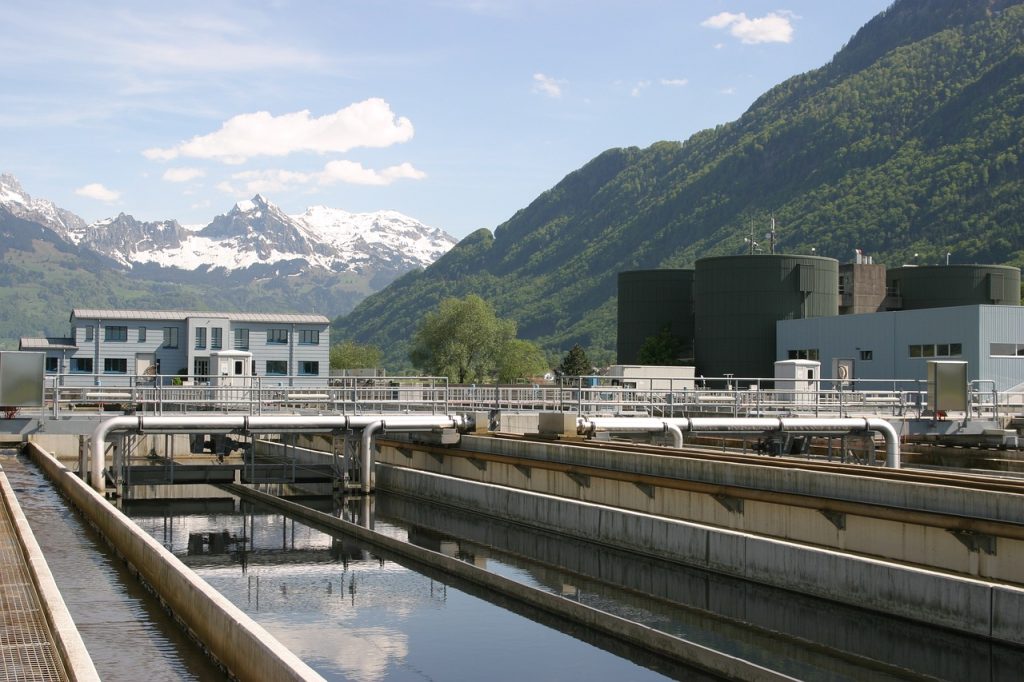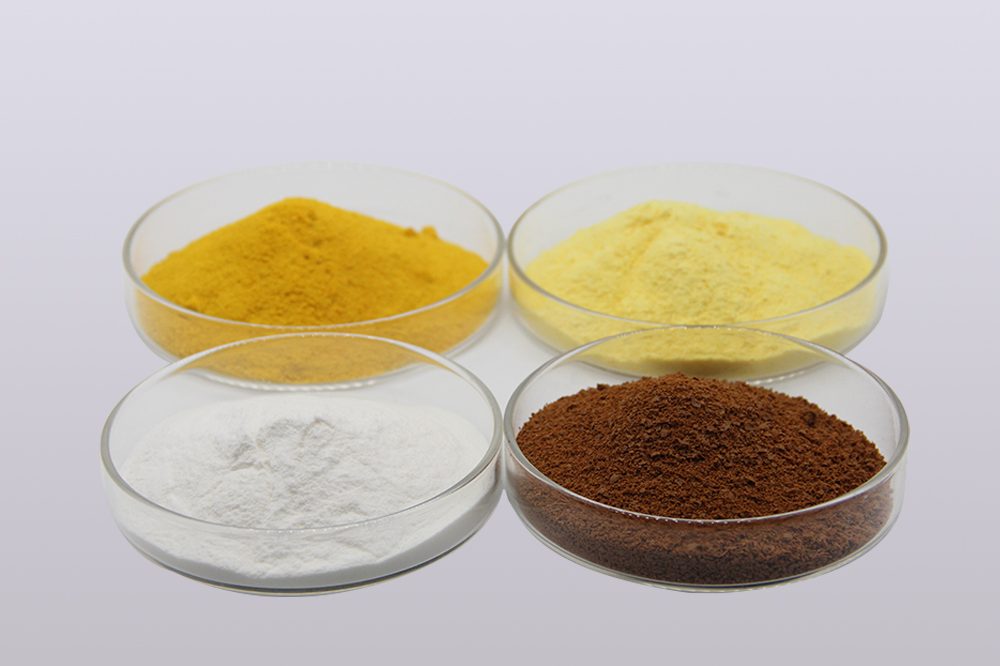Latest Developments in Water Treatment Industry Innovations Driving Sustainable Water Management
1.Advanced Membrane Technologies

One of the most promising advancements in water treatment is the development of advanced membrane technologies. These membranes, made from novel materials such as graphene oxide and nanomaterials, offer superior filtration capabilities. They can effectively remove contaminants, including heavy metals, bacteria, and microplastics, while maintaining high water flow rates. This breakthrough is set to revolutionize desalination processes, making it more energy-efficient and cost-effective.
2.Smart Water Treatment Systems
The integration of Internet of Things (IoT) and Artificial Intelligence (AI) into water treatment systems is transforming the industry. Smart sensors and monitoring devices can now provide real-time data on water quality and system performance. AI algorithms analyze this data to optimize treatment processes, predict maintenance needs, and reduce operational costs. These intelligent systems enhance the overall efficiency and reliability of water treatment plants.
3.Biological Treatment Methods
Biological treatment methods are gaining traction as eco-friendly alternatives to traditional chemical-based processes. Researchers are exploring the use of microorganisms and enzymes to degrade pollutants in wastewater. Bioelectrochemical systems, which combine microbial fuel cells and bioreactors, are showing promise in treating industrial effluents and municipal wastewater with minimal energy consumption. These methods offer sustainable solutions with reduced environmental footprints.
4.Circular Economy Approaches
The concept of a circular economy is being increasingly adopted in water treatment practices. This approach emphasizes the recycling and reuse of water and resources. Innovations in water recycling technologies enable industries to treat and repurpose wastewater for various applications, such as irrigation, industrial processes, and even potable water. By closing the loop, these methods help conserve freshwater resources and minimize waste generation.
5.PFAS Removal Techniques
Per- and polyfluoroalkyl substances (PFAS) are a group of harmful chemicals commonly found in water sources. Recent advancements have led to the development of effective PFAS removal techniques. Adsorption methods using activated carbon, ion exchange resins, and advanced oxidation processes are proving successful in eliminating these persistent contaminants. Regulatory agencies are also tightening standards to ensure safer drinking water and environmental protection.
6.Decentralized Water Treatment Systems
Decentralized water treatment systems are emerging as viable solutions for remote and underserved communities. These modular and portable units can treat water at the point of use, reducing the dependency on centralized infrastructure. Technologies such as solar-powered desalination units and portable filtration devices are providing access to clean water in regions facing water scarcity and disaster-stricken areas.
Conclusion
The water treatment industry is undergoing a transformative phase with the adoption of advanced technologies and sustainable practices. These developments not only address the pressing issues of water quality and availability but also pave the way for a more resilient and environmentally conscious future. Staying abreast of these innovations is crucial for industry stakeholders to drive progress and ensure a sustainable water supply for generations to come.
 Latest Developments in Water T
Latest Developments in Water T
 The main differences between P
The main differences between P
 Polyacrylamide use in Municipa
Polyacrylamide use in Municipa
 Showcasing Success: How Our Ch
Showcasing Success: How Our Ch
 简体中文
简体中文 English
English



